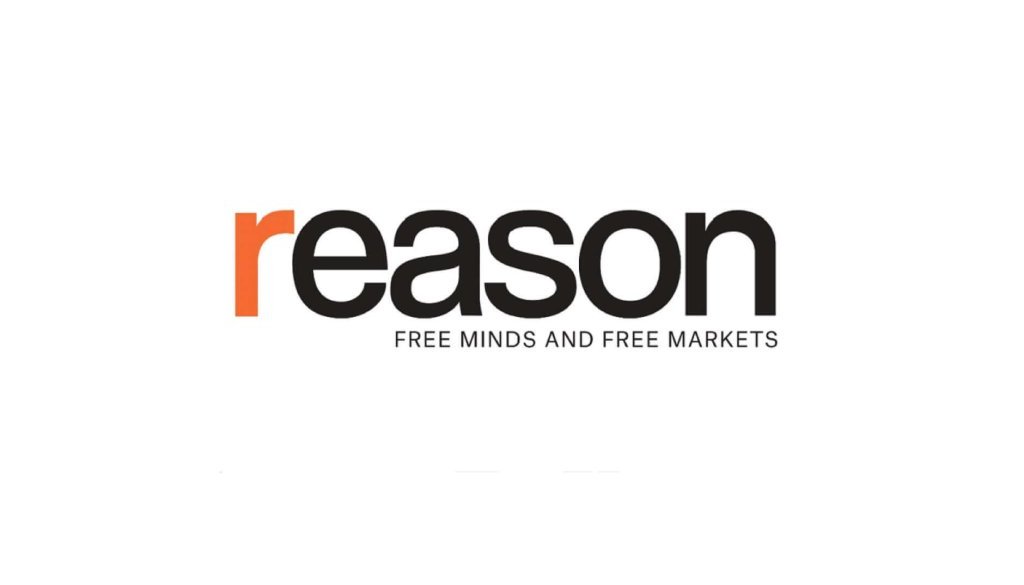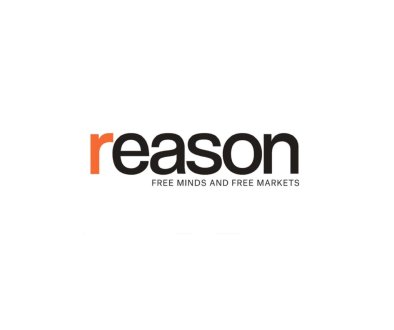Alex Garland’s Warfare Refuses To Soften the Blow of Combat
Night.
Quiet.
Somewhere in the Middle East.
Armed men in fatigues enter a structure on a residential street, flashing lights in the eyes of terrified residents.
When dawn breaks, they’re encamped on the top floor, having knocked through a concrete barrier to reach an upstairs apartment.
They wait. And wait. They send coded messages.
And then, after a while, a grenade drops through a hole in the wall, and an hour of brutal violence breaks out.
There’s chaos, gore, screaming, and not a lot of meaning. Some people are permanently injured. Some people die.
That’s warfare. It’s also Warfare, the breathtaking new film from Alex Garland and Ray Mendoza.
Mendoza is a veteran of the Iraq war, and the film is based on a real-life encounter he was involved in. The film informs viewers that participant memories were the only source material used. And after the initial nighttime home invasion, the battle is relayed in more or less in real time, with half an hour of tension and boredom leading to an hour of violence and terror.
We learn the names of the soldiers on screen, but not much about them. There’s virtually no backstory, no humanizing moments of shared memories about girlfriends or favorite meals. Aside from a brief, near-surrealist moment at the very beginning, when the soldiers leer at a spandex-clad woman in an exercise together, there are no jokes or moments of levity to firm up the comradery between the men at war. There’s barely any story or narrative arc at all. Soldiers take a house. Eventually, they are attacked. An
Article from Reason.com

The Reason Magazine website is a go-to destination for libertarians seeking cogent analysis, investigative reporting, and thought-provoking commentary. Championing the principles of individual freedom, limited government, and free markets, the site offers a diverse range of articles, videos, and podcasts that challenge conventional wisdom and advocate for libertarian solutions. Whether you’re interested in politics, culture, or technology, Reason provides a unique lens that prioritizes liberty and rational discourse. It’s an essential resource for those who value critical thinking and nuanced debate in the pursuit of a freer society.




